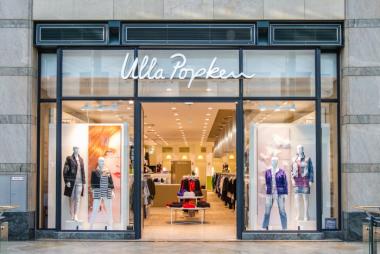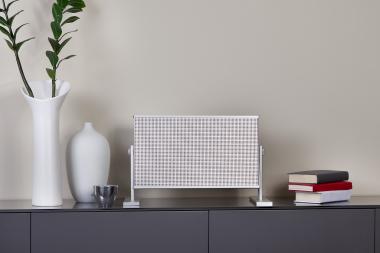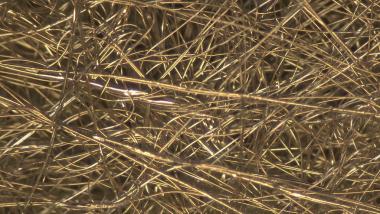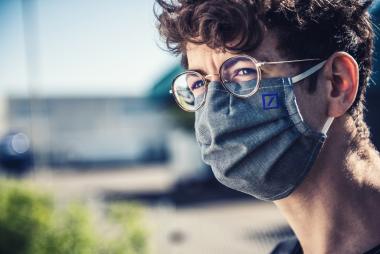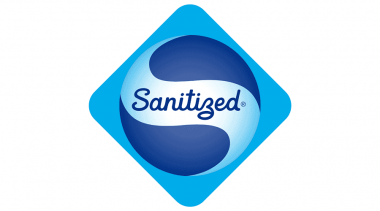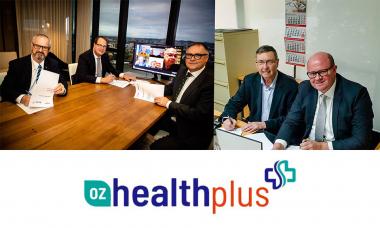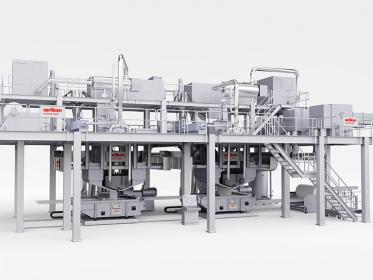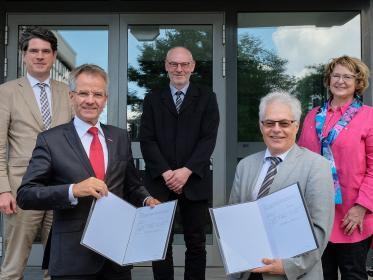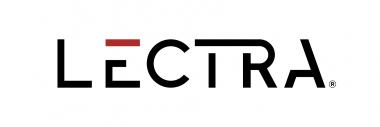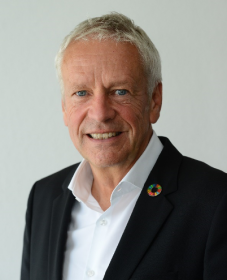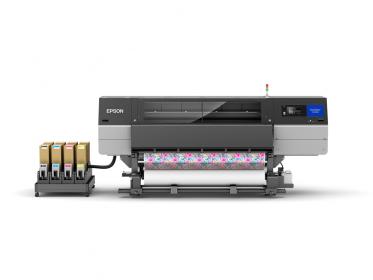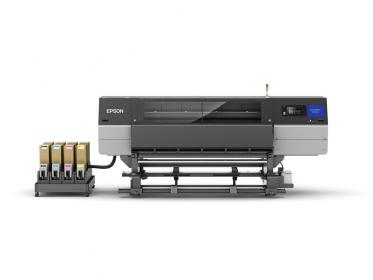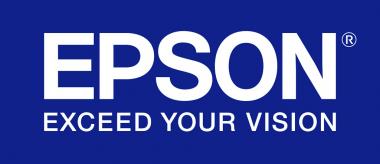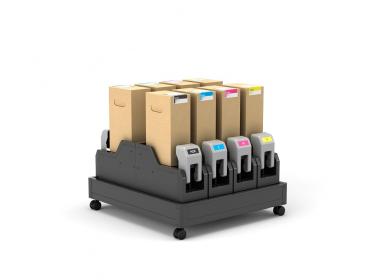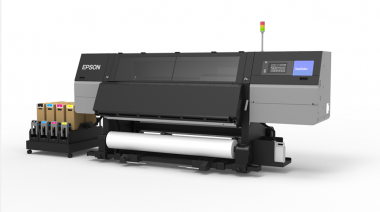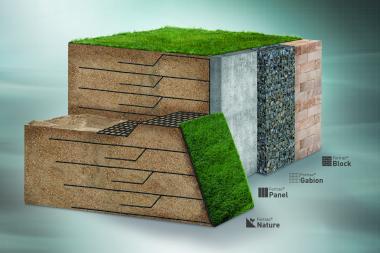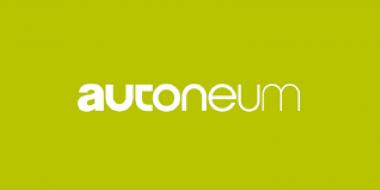HANRO: this Spring/Summer we go hot but sustainable!
HANRO chooses Iluna lace containing the sustainable premium stretch fiber ROICA™ by Asahi Kasei for its Zula lingerie set
HANRO, the Swiss brand that produces high quality daywear, nightwear and loungewear for both men and women and world’s leading premium brand in its segment, chooses Iluna Group for its advanced design and sustainability, innovation, aesthetics and quality made of “ethical” laces and an attentive look at fashion.
Iluna uses responsible premium ingredients such as GRS certified Q-NOVA®, more than half of which are made from pre-consumer waste and GRS certified ROICA™ EF premium stretch yarn produced by more than 58% from transformed pre-consumer content. The yarn belongs to the ROICA Eco-Smart™ family produced by Asahi Kasei and it’s the world’s first responsibly made premium fiber range, which includes smart ROICA™ yarns and their exceptional certifications.
Seductive and luxurious lingerie defines the SS 20 Zula collection in which we find Iluna lace. This lingerie set is smooth and soft satin viscose made, with an elegant Jacquardtronic lace detail along the cup, straps and band of the bra. It is paired to the matching briefs in the collection with generous elegant Jacquardtronic lace on the front and the backside. The particular lace used is a delicate and modern reinterpretation of the Duchesse lace, a particular type of Brussels lace from the mid-19th century. The set is available in light viola, purple night and marzipan range of colours.
GB Network








